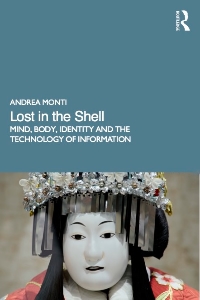
|

|

On ICT law, politics and other digital stuff
While the world is focused on the release of GPT 5, the almost simultaneous publication of GPT-OSS has gone virtually unnoticed. This is an “open” model with 120 billion parameters that can also run locally on older machines. It is censored but, above all, it is designed to resist jailbreaking by Andrea Monti Initially published in Italian by Italian Tech – La Repubblica Continue reading “GPT-OSS is OpenAI’s “open-weight” model (which does not mean open source).”
The copyright infringement claim against a YouTuber who reviews retro gaming consoles disregards users’ rights by Andrea Monti – Initially published in Italian by Italian Tech- La Repubblica Continue reading “Who Owns Retrogames?”
A conversation with Japanese neuroscientist Yu Takagi on the emerging boundaries between the human brain and generative artificial intelligence by Andrea Monti – Initially published in Italian by MIT Technology Review Italia
“The creation of a dataset … which can form the basis for the training of artificial intelligence systems, can certainly be considered scientific research … Although the creation of the dataset as such may not be immediately associated with an increase in knowledge, it constitutes an essential step for the goal of using it to subsequently acquire the knowledge in question ’ – by Andrea Monti – originally published in Strategikon – Italian Tech-La Repubblica
Continue reading “Webscraping and AI Datasets: if the purpose is in the public interest there is no copyright infringement”